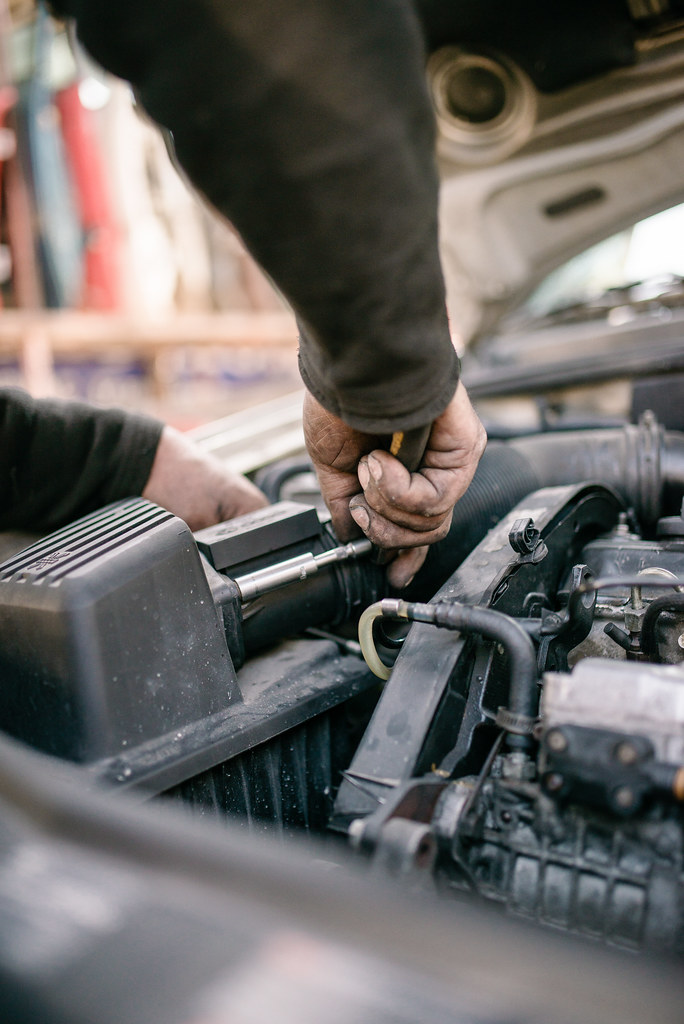The transmission of a car ensures that the appropriate level of engine power is transmitted to your drive shaft and the wheels to start and run your vehicle. If not properly functioning, your fuel efficiency will decrease, or your car may not operate at all. It is important to understand factors that could cause more frequent needs for transmission repair and how to avoid the need for transmission replacement down the line.
Your vehicle will contain 1 of these Transmission types:
- An Automatic Transmission (AT)
- A Manual Transmission (MT)
- An Automated Manual Transmission (AM)
- A Continuously Variable Transmission (CVT)
How Does an Automatic Transmission Work?
An automatic transmission is basically an automatic gear shifter. It is necessary to shift gears because otherwise the engine would not turn quick enough which will cause potentially irreparable damage. A properly functioning transmission allows necessary acceleration as well. Imagine not having the ability to switch out of first gear on the freeway? A vehicle whose gears you cannot shift is essentially not drive able.
How is a Transmission's Fluid checked and When should it be changed?
Upon sensing a possible transmission issue, it is beneficial to immediately get it examined by a certified mechanic, but if you wish to change the fluid yourself, it is important to first consult your car's manual to determine if the make and model is recommended to be running or not when you check and change the fluid. If this is not verified, you risk an inaccurate reading. If transmission is fluid is low, it can typically be topped off. If having difficulty identifying the fluid, know it also typically dyed red or pink. The best way to decide when your transmission fluid should be changed is to consult the maintenance schedule of our vehicle's manual. Another fact to take into consideration is how you drive your car meaning how often and how far and on what type of terrain because if these factors are on circumstances more extreme than the average your fluid may need to be changed more frequently. Other factors include frequently fluctuating acceleration and pulling heavy loads. Again, the best way to judge when and if your transmission fluid should be changed is to bring in for examination by a certified technician.
Transmission Replacement vs Transmission Repair
A reason to consider replacing your transmission altogether would be if problems are very severe or keep persisting and multiplying. If your transmission has not been properly cared for, its lifespan will be less and it may be more costly to perform several repairs when the chances of survival are short or slim, in which case it may be necessary to consider total replacement. Another reason to replace may be if the diagnosis problem is extremely long, which identifying transmission issues can be sometimes, which in turn results in a large investment since the shop is holding your car for a long time. Transmission repair will not always be costly, it just depends on the diagnosis. If the repairs are minor, you should opt for repair over replacement, because it will be less costly and a smarter decision overall. A quality transmission takes maintenance and care, which is why scheduled maintenance with a certified technician is always most opportune for your car, time, and wallet to avoid escalating issues and in turn costs of repair.

